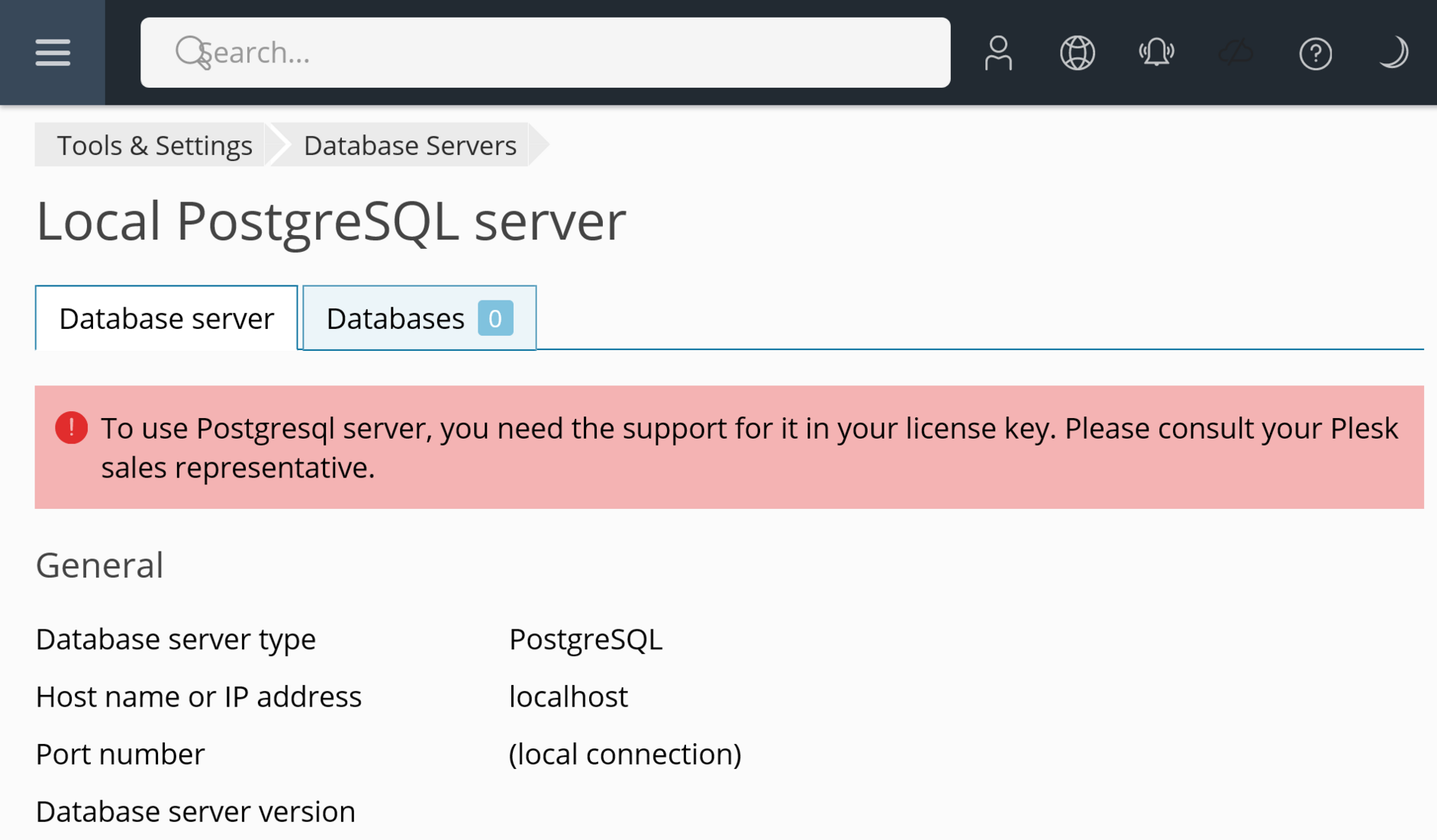Selfhosted
A place to share alternatives to popular online services that can be self-hosted without giving up privacy or locking you into a service you don't control.
Rules:
-
Be civil: we're here to support and learn from one another. Insults won't be tolerated. Flame wars are frowned upon.
-
No spam posting.
-
Posts have to be centered around self-hosting. There are other communities for discussing hardware or home computing. If it's not obvious why your post topic revolves around selfhosting, please include details to make it clear.
-
Don't duplicate the full text of your blog or github here. Just post the link for folks to click.
-
Submission headline should match the article title (don’t cherry-pick information from the title to fit your agenda).
-
No trolling.
Resources:
- selfh.st Newsletter and index of selfhosted software and apps
- awesome-selfhosted software
- awesome-sysadmin resources
- Self-Hosted Podcast from Jupiter Broadcasting
Any issues on the community? Report it using the report flag.
Questions? DM the mods!
view the rest of the comments

The performance impact usually is negligible. Containers are nothing else than cgroups and a set of namespaces. In fact, you can create a container without any container runtime (podman, docker etc.). It might be that the performance hit was due to an image being built poorly, or the runtime being configured in a strange way? The only metric where there is some performance hit is the network, and that's because - depending on the configuration - the traffic **might ** flow through more hoops. Obviously it is possible to run the containers in the host network namespace, if this is really an issue.
All of this not to try to convince you or to claim your experience is false, is just that I am very surprised, I am aware that containers have some downsides, but usually performance is not really one of them.